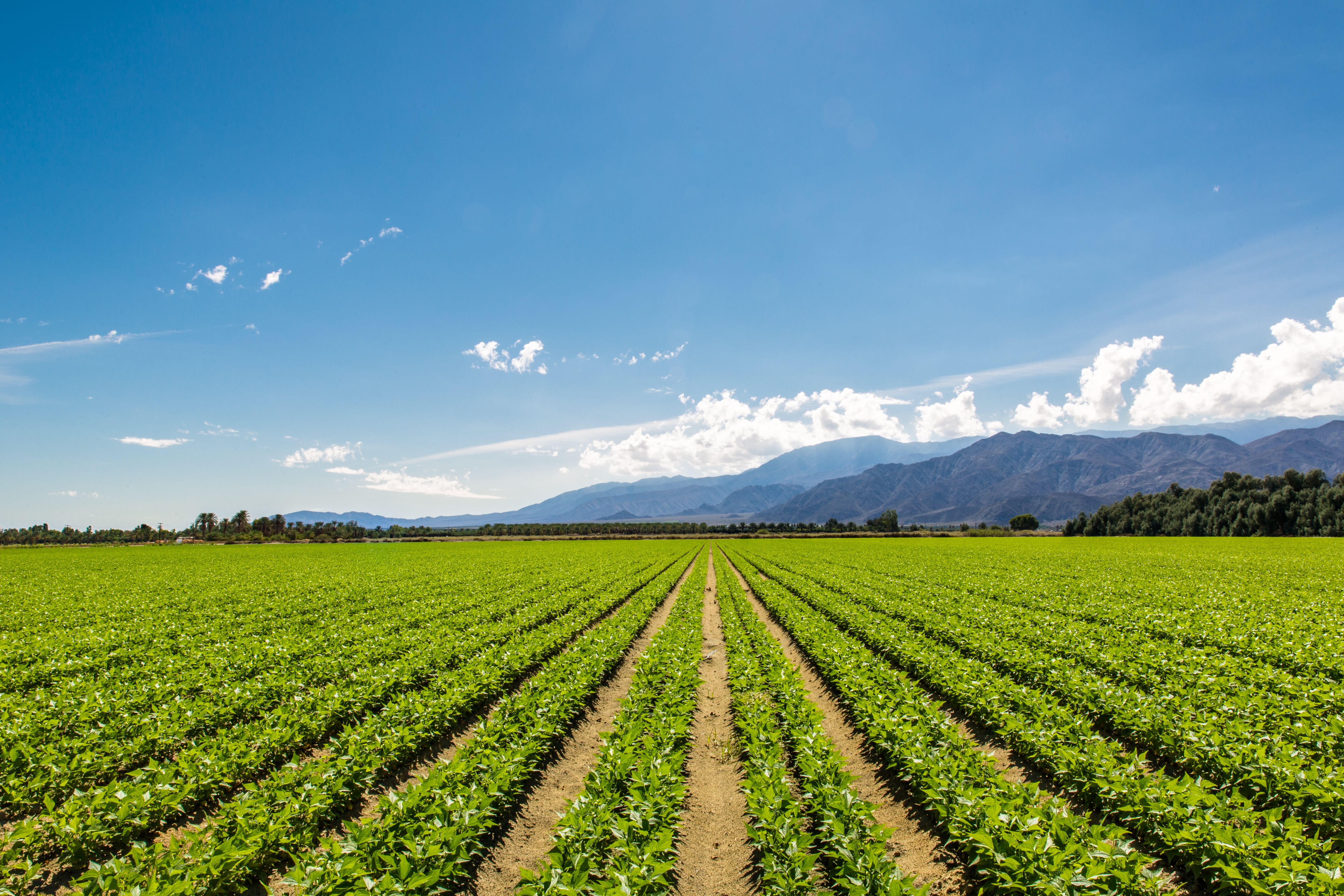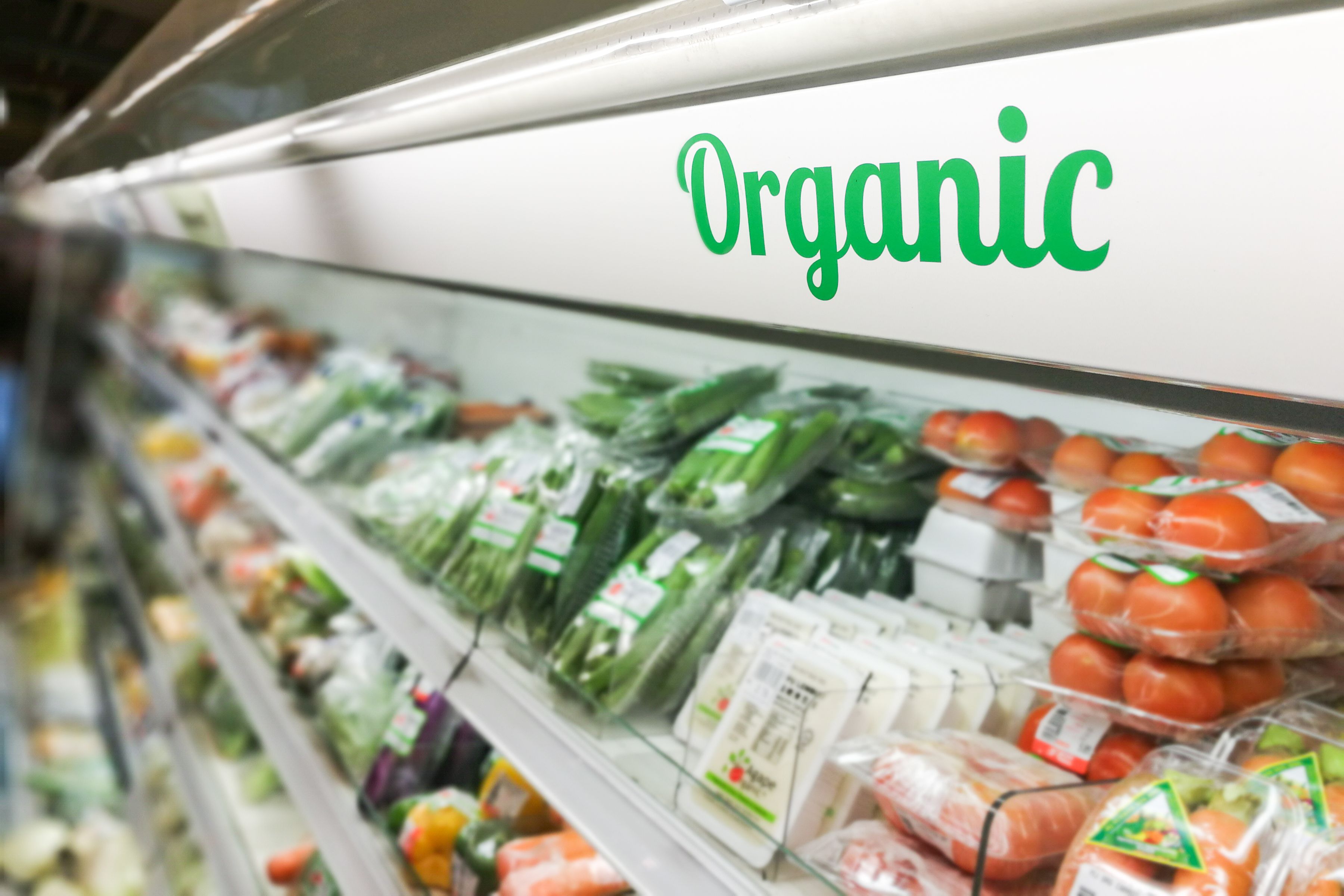Understanding the Rise of Organic Products in the US
Understanding the Rise of Organic Products in the US
In recent years, there's been a significant surge in the popularity of organic products across the United States. This trend is not just a fleeting fad but rather a shift in consumer behavior driven by various factors. Understanding why more Americans are gravitating towards organic products can offer valuable insights into current and future market dynamics.

The Health Conscious Consumer
One of the primary drivers behind the rise of organic products is the increasing health consciousness among consumers. People are becoming more aware of the potential health risks associated with synthetic pesticides and genetically modified organisms (GMOs). Organic products, which are free from these additives, offer a more natural and healthier choice. Numerous studies have highlighted that organic foods often contain higher levels of antioxidants and fewer harmful chemicals.
This health-driven demand is not limited to food items alone. Consumers are also opting for organic skincare, clothing, and cleaning products as they seek to reduce their exposure to toxic substances in their daily lives.
Environmental Concerns
Another significant factor fueling the growth of organic products is the increasing concern for the environment. Organic farming practices are designed to reduce pollution, conserve water, and enhance soil fertility, making them a more sustainable option compared to conventional methods. As awareness of climate change and environmental degradation grows, more people are choosing organic products to lessen their environmental footprint.

Moreover, organic farming promotes biodiversity by avoiding synthetic fertilizers and pesticides that can harm wildlife. Consumers who are passionate about conserving natural resources and protecting ecosystems find that supporting organic agriculture aligns with their values.
The Influence of Marketing and Certification
The rise of organic products can also be attributed to effective marketing strategies and the credibility provided by certifications. The USDA Organic label has become a trusted symbol for consumers, assuring them that the product meets stringent organic standards. This trust is reinforced by marketing campaigns that emphasize the purity and ethical production methods of organic goods.
Brands have capitalized on this trust by clearly labeling their products and sharing stories about their commitment to organic practices. The transparency offered by such marketing efforts has helped build a loyal customer base that is willing to pay a premium for organic items.
Economic Impact and Accessibility
As demand for organic products grows, so does their availability and affordability. Initially, organic products were often perceived as niche items available only in specialty stores at higher prices. However, increased demand has led to wider distribution and competitive pricing as mainstream retailers enter the market.

This increased accessibility has played a crucial role in driving the popularity of organic products. More consumers can now afford to incorporate organic items into their lifestyle, further propelling the trend.
The Future of Organic Products
Looking ahead, the trajectory of organic products in the US appears promising. Continued growth is anticipated as more consumers adopt healthier lifestyles and become more environmentally conscious. Innovations in organic farming techniques and supply chain efficiencies are likely to make these products even more accessible and appealing.
Ultimately, the rise of organic products reflects a broader shift towards sustainable living and conscious consumerism. As this movement gains momentum, it will continue to shape the choices that individuals make in their quest for health, wellness, and ecological responsibility.